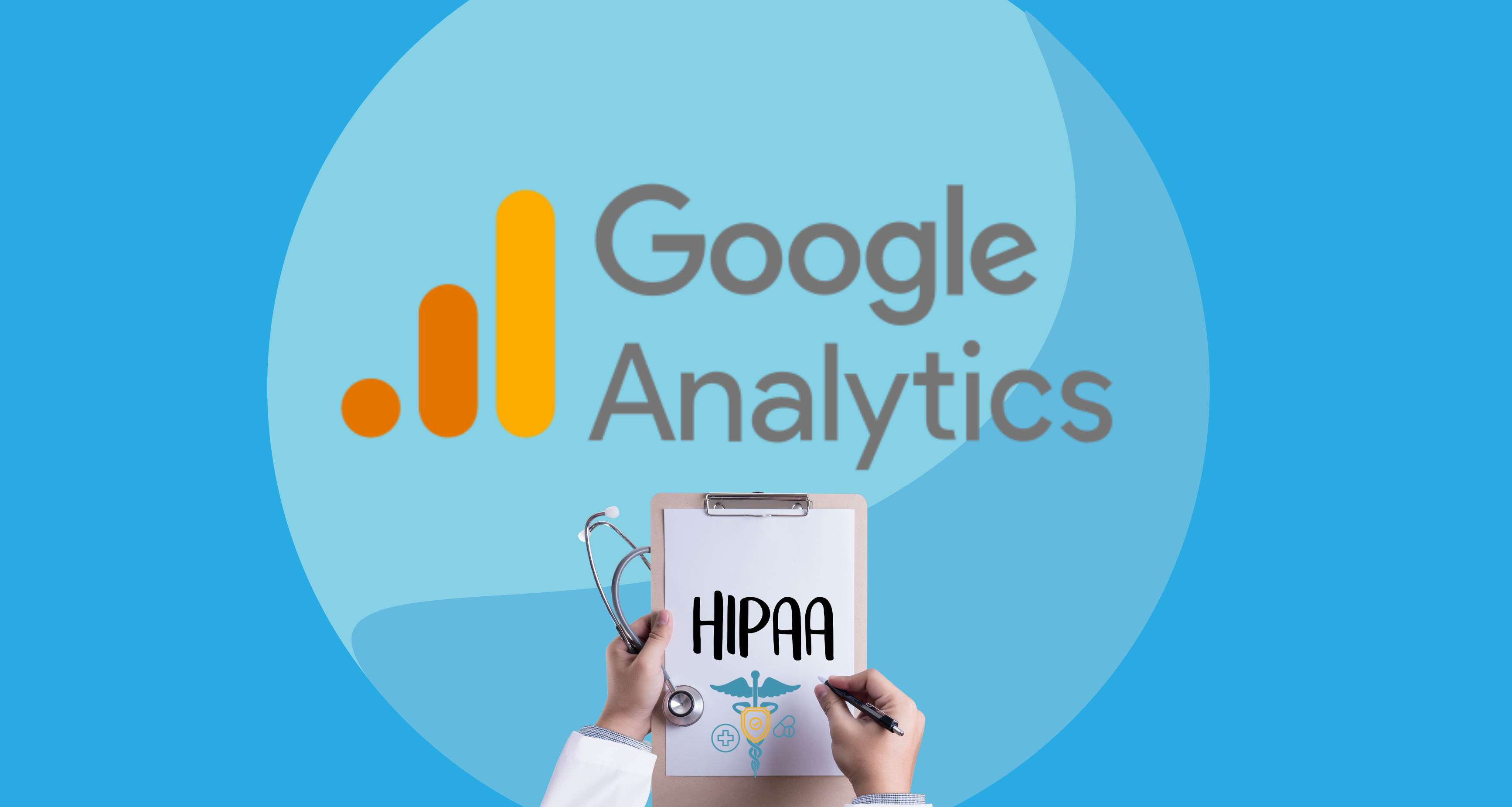
Attention healthcare providers! Are you using Google Analytics on your website? If so, listen up. The US Health and Human Services has issued updated guidance on online tracking, and it’s bad news for those of us in the medical field. In short: the tracking technology behind Google Analytics is not HIPAA compliant.
First off, it is important to note that Google Analytics alone is not HIPAA compliant. It collects and stores user data, including protected health information (PHI), which makes it subject to HIPAA compliance rules and regulations.
However, Google does not sign business associate agreements for analytics stating in their Help Center, “Customers must refrain from using Google Analytics in any way that may create obligations under HIPAA for Google. HIPAA-regulated entities using Google Analytics must refrain from exposing to Google any data that may be considered Protected Health Information (PHI), even if not expressly described as PII in Google’s contracts and policies. Google makes no representations that Google Analytics satisfies HIPAA requirements and does not offer Business Associate Agreements in connection with this service.”
There are work arounds you can use to ensure your use of Google Analytics complies with HIPAA.
Google Analytics & HIPAA Compliance
The first step toward using Google Analytics while remaining HIPAA compliant is using Google Tag Manager (GTM). GTM allows you to manage tags or tracking codes from various sources across your website without having to code manually. This method enables you to track visitor activity without collecting any identifiable PHI directly into Google Analytics.
Additionally, it’s crucial only to collect essential data when monitoring your site’s visitors behavior through analytics tools like Google Analytics.
You need to avoid collecting unnecessary data like:
- IP addresses
- Patient Names
- Medical Records
- Home or Email Addresses
- Dates of Appointments
- Diagnosis’
These are just a few examples of PHI that can be collected from patients. Instead, focus should be on how users interact with your site and how often they visit; those metrics will help improve user experience without violating HIPAA privacy laws.
By monitoring every website you visit, Google Analytics can extract a wealth of data from your browsing habits, including your:
- Location
- Age
- Gender
- interests
This information can be used to create highly targeted advertisements that are specifically tailored to your individual needs and preferences. However, this level of personalization also puts your PHI at risk, as it can inadvertently reveal sensitive information about your health status or medical conditions.
For example, if you frequently search for terms related to depression or anxiety, advertisers could use this data to target you with ads for mental health services or medications. Ultimately, it is important to be aware of the potential risks associated with online tracking and take steps to protect your privacy whenever possible.
Working Around Using Google Analytics While Remaining HIPAA Compliant
First, ensure that any patient data collected on your website is encrypted and stored securely. This means using SSL encryption for all web pages and requiring strong passwords for access to any databases or servers where patient data is stored. Additionally, consider limiting access to patient data only to those who need it for business purposes.
Secondly, make sure that any analytics tools used on your website do not collect personal identifying information about patients. Instead, focus on collecting aggregate data about website traffic patterns and user behavior. This will allow you to gain valuable insights into how users interact with your site without compromising patient privacy.
Finally, consider working with a third-party vendor who specializes in HIPAA compliant analytics services. These vendors have experience working with healthcare organizations and understand the unique challenges associated with collecting and analyzing patient data in a secure way. By partnering with a trusted vendor, you can benefit from advanced analytics capabilities while remaining fully compliant with HIPAA regulations.










